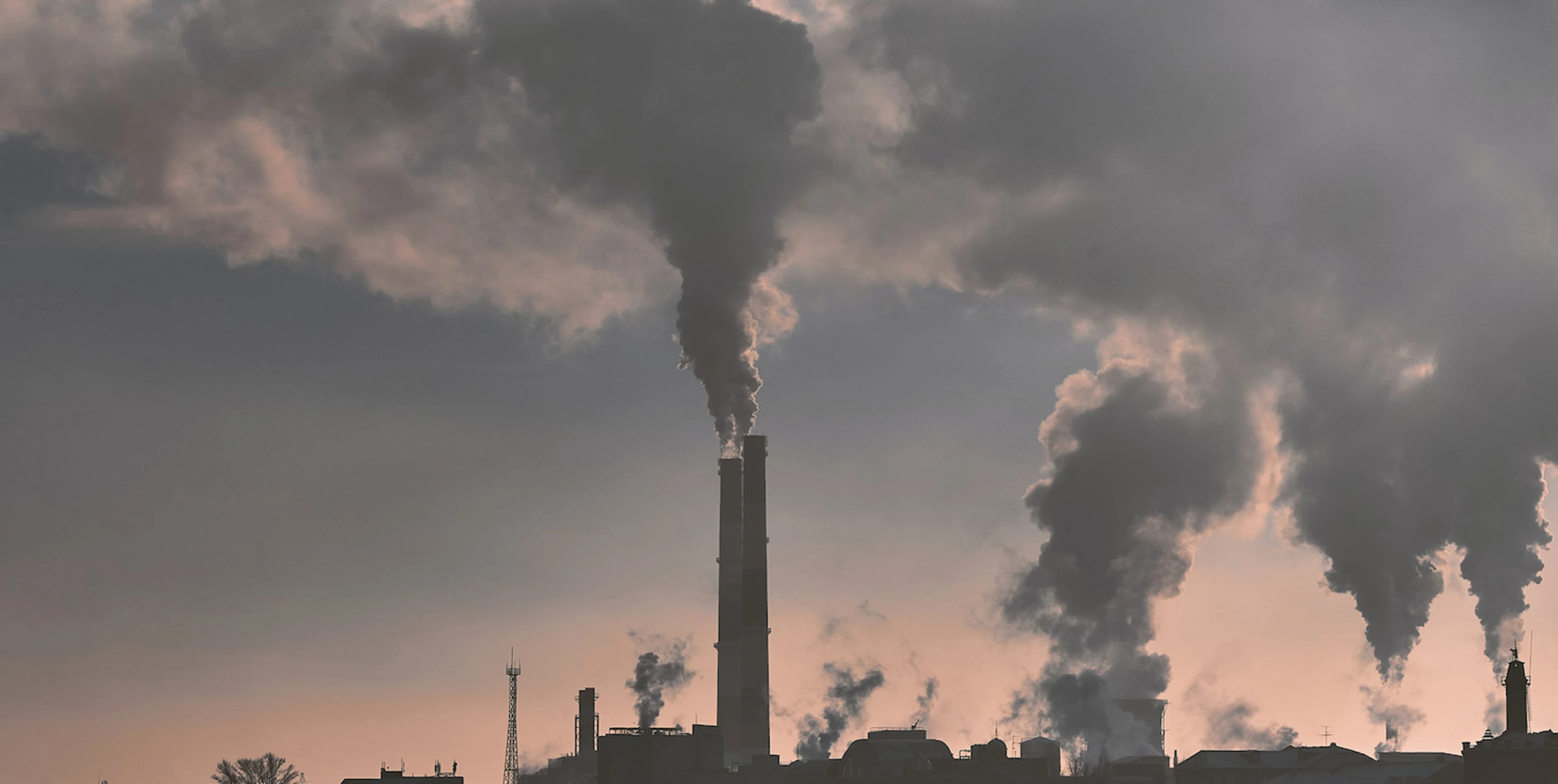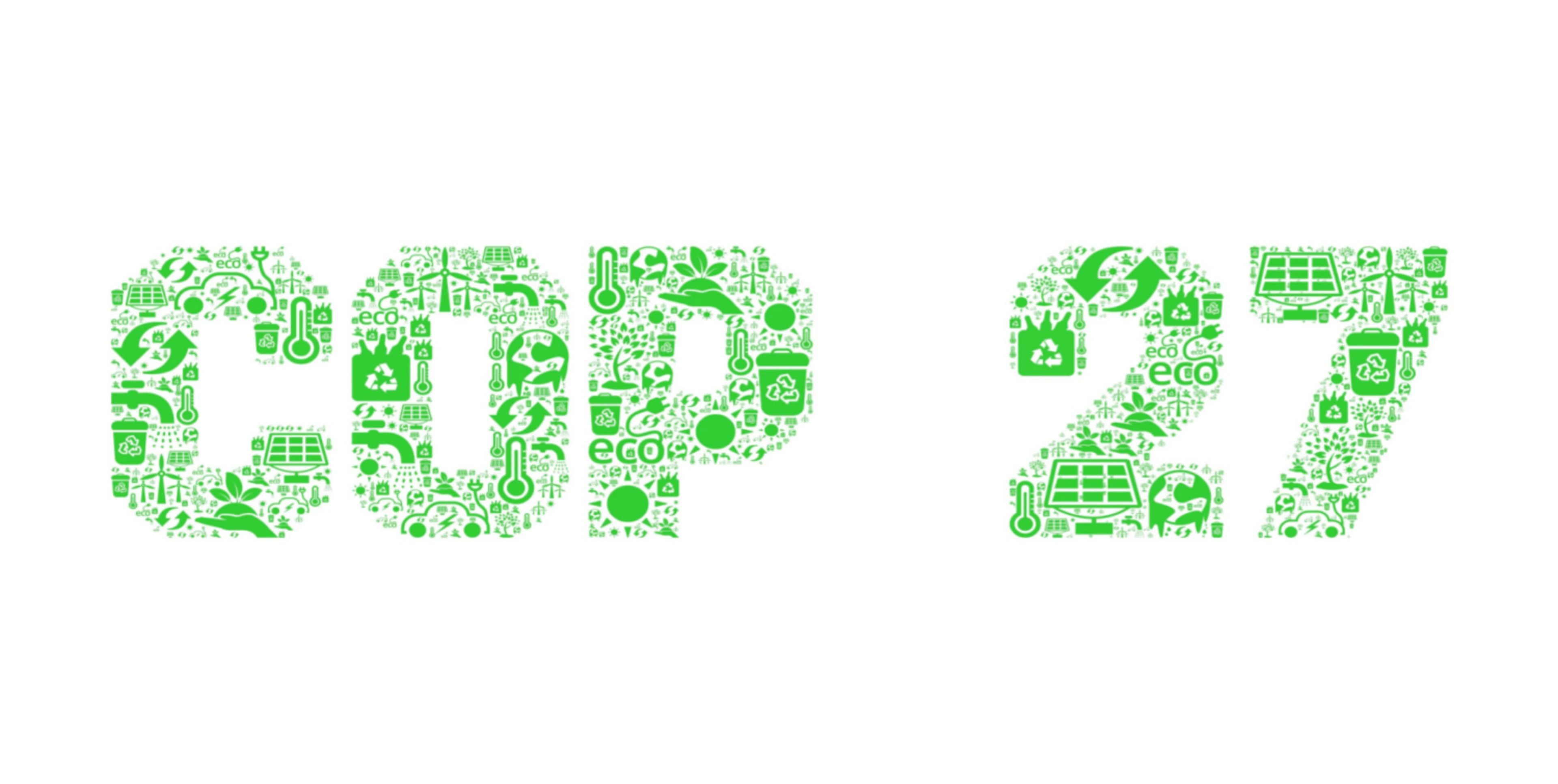In the last 150 years, human activity has had an unprecedented impact on the health of our planet. If we are to halt, or even reverse, this impact, it must be simple for people to play their part, whether it’s tackling climate change or saving species on the brink of extinction.
This often takes the form of compensation, where people look to remove the same amount of carbon as their activities generate through carbon offsetting. These initiatives will play their part, but we must move beyond them if we are to see any lasting reversal of fortunes in the health of our planet.
To make it happen, it needs to be easy for people to make the biggest contribution possible and cut through the planet restoration noise. This is our mission at Pinwheel – connecting people with the projects around the world that make the biggest contribution to a healthy planet.
But why the need to go beyond simply carbon offsetting? Let’s take a look at the differences between contribution and compensation below, and why it matters.
Why reducing carbon emissions means we will all have to contribute rather than compensate
There are two key reasons why we need to move beyond carbon offsetting and instead look at how we can make the biggest contribution possible to reducing carbon emissions:
Compensation is too often used as permission to carry on damaging our planet
Once individuals and companies become familiar with the idea that their actions can be offset and made ‘right’, they risk taking this as a green light to carry on as normal. As a result, they insufficiently focus on how to make their business operations or lifestyle more planet-friendly.
Offsetting alone cannot get us to net zero – or stabilise our climate. Anyone looking to reduce their personal carbon footprint or businesses setting net zero targets need to first decarbonise their lifestyle or operations. We then advise that any subsequent efforts focus on the most effective and high-quality solutions rather than on trying to compensate for, or offset, any remaining carbon.
Long-term carbon removal is needed to stabilise the planet - carbon offsetting as currently practiced will not produce these
If we are to reverse the effects of climate change, we need to create scalable solutions that remove Co2 from the air and then store it underground. In a world where people and businesses are solely focused on carbon offsetting, there is a significant risk it will not happen, as funding wil not flow to those, vital projects.
Currently it is most common to only ever seek to offset one’s full emissions. For financial reasons, businesses and people usually then gravitate towards the cheapest (and therefore usually least impactful) way to do this. The race to the bottom means funds are directed away from the innovative and needle-shifting projects where they are needed most.
As a result, the compensation model is broken. The average carbon offset price of just £3 (0.2% of global GDP) defies logic. If we could reverse the effects of CO2 on the atmosphere for such a small amount, the climate crisis would be over. We need to provide funding to the most important projects, the gamechangers, the ones that store carbon for hundreds of years. These cost much more than most offset purchasers are prepared to spend, meaning we risk not funding the projects that matter most.
Long term carbon removal is needed to save the planet
The case for contribution versus compensation, therefore, is clear. If we are to reach the goals set out in the landmark Paris Agreements and have a livable climate, we need to move to 100%, permanent carbon removal on a global scale by the middle of this century.
Our mission at Pinwheel is to show individuals and businesses alike the projects where they can make the biggest contribution. We connect people and companies with the highest quality, most impactful carbon removal projects - many of which offer permanent carbon storage, such as locking it deep within rocks, meaning that any removed carbon is safely put away for over 100 years, rather than being in carbon sinks that can be reversed.
Protecting the flora and fauna we already have, as well as planting millions of trees, will also play its role in preserving the future of our planet. But we have to go further. This is because the effects of climate change (forest fires and disease) will leave certain species on the brink, meaning we will lose their natural carbon sequestration, leading to even more Co2 in the air. As a result, Pinwheel also provides plans that enable people to fund the most impactful species protection and habitat restoration
For a livable climate, we need to rapidly scale up our investment in long-term carbon removal. That requires moving beyond our current compensation mindset and instead focusing on making the biggest contribution possible. Pinwheel will be at the forefront of that mission – allowing our users to make the biggest contribution they can.











